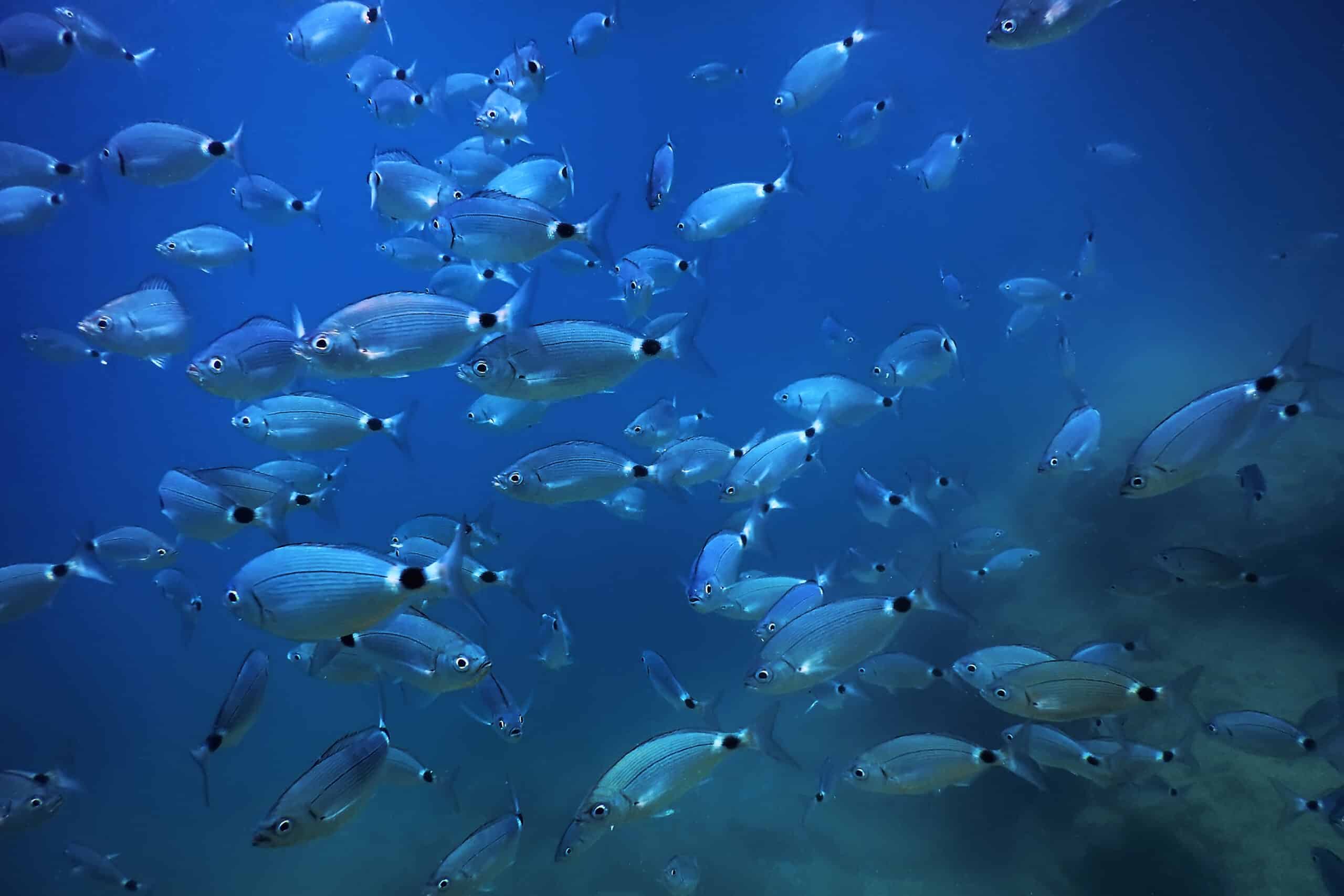The novel coronavirus pandemic has thrown into disarray the years of progress against another pandemic cholera, an acute diarrheal illness caused by Vibrio cholerae, where the bacteria is shed through feces and infects persons through contaminated water and food. Since 1817, cholera has emerged from endemic areas in Asia in seven pandemic waves and has to a great degree affected much of the world.
The current and longest lasting cholera pandemic began in 1961 and has spread further and infected more African communities than any of its antecedents and still remains ingrained in sub-Saharan Africa with sporadic outbreaks in regions already burdened with conflict, lack of or failing infrastructure, poor health care and malnutrition.
Research has revealed that in informal settlements where sanitation and waste management facilities were non-existent, a high number of bacteria were often observed in the water of the rivers. Some of these bacteria were pathogenic forms of E. coli, which, when consumed, could make communities sick. Furthermore, the people living in these settlements frequently used the river water, without any treatment, for personal hygiene such as bathing and brushing their teeth.
Fish, like those caught in these rivers, pick up pesticides from agriculture and store them in their muscles and fat. Even though the amounts are still low, it may constitute a serious health risk in future. But it is a different story in South Africa’s Vaal River, where heavy metals such as nickel and copper from nearby industry have accumulated in the fish.
You simply cannot wash crop with or eat fish from contaminated water derived straight from the river. It is essential to treat the water first for it to be safe, hygienic and most importantly potable. Many waterborne illnesses are easily preventable by ensuring access to safe drinking water and sanitation and are also curable through simple treatments like oral medicine, or in severe cases, intravenous rehydration.
There is one place where you can get the most comprehensive and robust solutions on the market, specifically adapted to fit the needs of Africa. Talk to us today!

